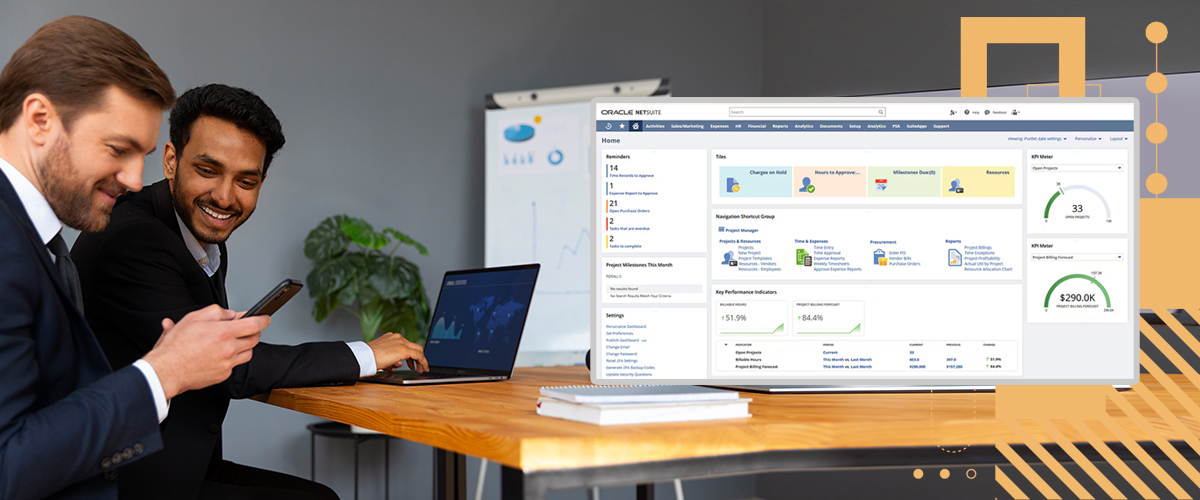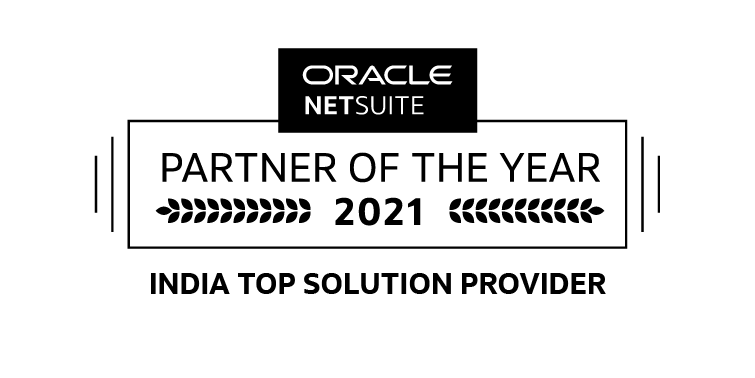When searching for the best ERP systems, look for a platform that matches your current needs and future goals. Whether upgrading an outdated solution or choosing ERP for the first time, this guide highlights what really matters.
What Qualities Define the Best ERP Systems
The best ERP systems are defined not just by a checklist of features but by their ability to unify and elevate every aspect of modern business operations. An ideal ERP platform integrates all major functions—finance, inventory, sales, production, and more—into one cohesive environment, enabling seamless process flow and real-time data insights across departments.
This unification eliminates silos, fosters better collaboration, and enhances decision-making, which are key for companies operating in competitive, fast-evolving markets.
Equally important is the system’s cloud accessibility, allowing remote, global, and mobile teams to access critical information securely from anywhere and adapt to market demands instantly.
With flexibility at its core, the best ERP systems adjust to business size and industry specifics, supporting growth, creating new opportunities, and ensuring long-term agility. Above all, the value of a strong vendor partnership cannot be overstated.
A trusted ERP provider not only implements and supports the system but also helps businesses innovate, stay up to date with technology trends, and optimize their operations over time.
By focusing on solutions that directly respond to real operational challenges—rather than superficial “feature-rich” comparisons—businesses can choose an ERP system that acts as the true backbone for visibility, efficiency, and sustainable success
Selecting the best ERP systems means prioritizing:
- Unified business functions—finance, inventory, sales, production, and more.
- Cloud accessibility for remote, global, and mobile workforces.
- Flexibility for your business size and industry.
- Strong vendor partnership for implementation, support, and growth.
Focus on solutions that address real challenges, not just feature lists.
Common ERP Pain Points
ERP systems are designed to transform business operations, yet organizations frequently encounter pain points that stall progress and limit performance.
Disconnected, legacy systems create data silos and make gaining timely, unified visibility nearly impossible, undermining informed decision-making across departments. Outdated dashboards and sluggish reporting also delay critical insights, frustrating users and hindering responsiveness in dynamic market environments.
Dependence on hardware-heavy, on-premise setups further amplifies costs and complexity, particularly as businesses expand internationally and confront the challenge of supporting multiple countries, currencies, and compliance frameworks.
Low user adoption rates arise from clunky interfaces and rigid workflows, which stop teams from realizing the full value of their ERP investment.
Addressing these pain points with modern cloud ERP solutions sets the foundation for improved scalability, security, and operational agility in today’s digital-first landscape.
Businesses often struggle with:
- Disconnected systems that prevent unified data and real-time visibility.
- Slow reporting and outdated dashboards.
- Hardware dependency with on-premise ERPs.
- Difficulties with supporting multi-country, multi-currency operations.
- Low adoption due to poor interfaces and rigid workflows.
Modern cloud ERP platforms should solve these issues, ensuring your system is scalable, secure, and ready for change.

Key Criteria for the Best ERP Systems
Must-Have Features
- True cloud or SaaS architecture—easy remote access.
- All modules under one roof—finance, CRM, inventory.
- Global scalability—supporting multiple entities and currencies.
- Proven ERP partner for implementation and support.
- Integration capabilities with CRM, e-commerce, WMS.
- Strong compliance, data security, and user support.
Nice-to-Haves
- Pre-built industry templates and best-practice workflows.
- Low code customization.
- Built-in analytics, AI, or automation tools.
- Transparent pricing and clear ROI.
Cloud ERP vs On-Premise ERP—What’s Better?
The debate between cloud ERP and on-premise ERP is pivotal for businesses making long-term technology decisions.
On-premise ERP systems provide complete control over operations, bespoke security configurations, and deep customization—advantages highly valued by organizations in tightly regulated industries or with unique workflow requirements.
However, these solutions demand substantial upfront investment, internal IT resources, and ongoing maintenance, which can complicate scalability and adaptation over time.
Cloud ERP, conversely, offers businesses the ability to access their systems anywhere, benefit from automatic updates, and scale quickly as requirements evolve.
The subscription-based pricing reduces initial capital expenditure and shifts maintenance responsibilities to the vendor, ensuring data security and regulatory compliance through robust, enterprise-grade protocols.
For growing organizations that prioritize mobility, flexibility, and cost predictability, cloud ERP is fast becoming the preferred choice—enabling seamless collaboration and business agility while delivering much-needed efficiency.
Here’s a closer look at how each deployment model typically works—along with their key strengths and limitations:
- On-premise ERP: Local servers, higher upfront cost, limited remote access.
- Cloud ERP: Vendor-hosted, updates included, scalable and cost-effective.
Increasingly, “true cloud ERP” solutions offer mobility, scale, and lower costs.
Why Vendor Partnership Matters
Choosing a system is only part of success—implementation is critical:
- Look for ERP partners with industry expertise.
- Get references and case studies.
- Insist on a clear project approach and methodology.
- Ask for up-front cost, training, and future support details.
Strong partnerships boost your ERP’s real-world value.
Cost, ROI, and Ownership
Factor in:
- Implementation and migration costs.
- Customization and training costs.
- Maintenance and upgrade costs.
- Long-term ROI including improved productivity, reduced errors, and growth outcomes.
User Adoption & Future-Readiness
Successful ERP means strong user uptake—plan training, phase-wise rollout, and data cleanup. Choose systems and partners that grow with you.
Why inoday Ranks Among the Best ERP Systems
inoday stands out as a leading ERP solutions provider thanks to its extensive global expertise and deep understanding of diverse industry needs, including manufacturing, retail, distribution, and services.
With a cloud-first mindset, inoday ensures clients gain maximum flexibility, scalability, and modern technology advantages to stay competitive in today’s fast-evolving markets.
Their holistic end-to-end service approach covers every stage of the ERP journey—from initial planning to seamless go-live and continuous post-launch optimization—ensuring long-term success.
inoday’s proficiency in integrating complex ecosystems, including CRM, e-commerce, and logistics into unified ERP platforms, empowers businesses with actionable insights and streamlined operations.
Combining this technical mastery with a steadfast focus on ROI, certified specialists, and a proven track record, inoday builds lasting partnerships that drive tangible business growth and digital transformation.
Here’s what truly sets inoday apart from the competition:
- Global expertise serving manufacturing, retail, distribution, and services.
- Cloud-first deployment for maximum flexibility.
- End-to-end service from planning to post-live optimization.
- Integration skills, connecting CRM, e-commerce, logistics, and ERP.
- ROI-driven solutions and certified specialists with a proven track record.
Mistakes to Avoid
- Selecting based on features, not business fit.
- Underestimating change management and user adoption.
- Ignoring full cost of ownership.
- Failing to plan for scalability and integration.
Final Thoughts
Choosing the best ERP system powers business growth. Start with clear requirements, compare options, vet vendors, and plan for smooth implementation. For modern, cloud-ready ERP with proven support, inoday stands out.








